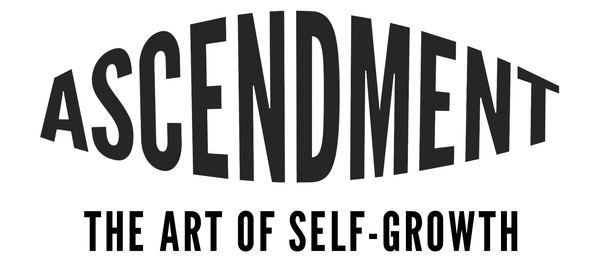Millions of people across the globe suffer with stress and anxiety due to the fast pace of modern-day living. What can we do to immediately reduce this stress and anxiety on the spot? Neuroscientist Andrew Huberman and his colleagues have developed a tool called the ‘Physiological Sigh’ to do just that.
Andrew Huberman says that meditation, breath work, exercise, good nutrition, and good social connections are all tools to help to combat stress and anxiety. However, in most cases none of these things can be done there and then when you are experiencing high levels of stress or anxiety. Huberman and his team, along with other laboratories, have been researching ways to combat stress in real-time no matter where you are. This is where the psychological sigh comes in.
What is the Physiological Sigh?
A physiological sigh is a pattern of breathing that involves two inhales followed by an extended exhale. Andrew Huberman says: “Physiological sighs were discovered in the 1930s, as a pattern of breathing that people go into spontaneously when they're in claustrophobic environments or in deep sleep, when there's a build-up of a gas called carbon dioxide in the bloodstream.”
He continues: “Carbon dioxide triggers the impulse to breathe. There are neurons in the brain that know when carbon dioxide levels have gotten too high. And when the levels get too high, they trigger inhale and exhale, or double inhale and exhale.”
Following extensive research Huberman and his team realized that the physiological sigh quickly reduces stress, relieves anxiety, and reduces nerves. He says that: “When we can’t control the mind, we must do something mechanical. We must breathe.”
How to do the Physiological Sigh
You can perform the physiological sigh anytime you're feeling stressed, and you want to feel calmer. It’s also effective when you have high levels of anxiety or are having an anxiety attack.
Andrew Huberman explains how to do it: “So it's a double inhale. And typically, the first inhale is longer than the second but the second one is still important to do. And then a very long, extended exhale. Typically, both inhales are through the nose and the exhale is through the mouth. That's the most effective way to do the physiological sigh.”
He continues: “The second inhale is really important because your lungs are not just two big bags of air. They're two big bags of air with lots of little sacks, millions of sacks. And if you were to lay out those sacks, their volume is as big as a tennis court. And that allows both the intake of more oxygen but also the offload of carbon dioxide. So, when you do the double inhale, it reinflates any of these little sacks that have collapsed and in doing so, it allows you to offload more carbon dioxide.”
Just one to three physiological sighs are sufficient to bring your level of stress and alertness down very fast and allow you to feel calmer. However, do as many repetitions you feel are required at the time.
Summary
While meditation, exercise, relaxation and healthy eating are all tools to help you to reduce stress and anxiety they aren’t things you can do on the spot in a busy office or shopping mall for example. Neuroscientist Andrew Huberman and his lab team researched different methods of stress relief and came across the ‘physiological sigh’ which was discovered by scientists in 1930. Huberman states this method is “the fastest real-time tool for stopping stress and anxiety.”
When you are experiencing high levels of stress or anxiety you can perform the physiological sigh by taking two rapid inhales of breath through the nose, followed by a long, extended exhale through the mouth. Repeat as many times as needed. This will help you calm your mind and regain control.
If you suffer from anxiety or depression, we have a guide on how to beat it which includes a full gameplan.
Read more: Andrew Huberman – Does Creatine Help Depression?
Read more: Andrew Huberman – How Psilocybin Helps People with Depression




